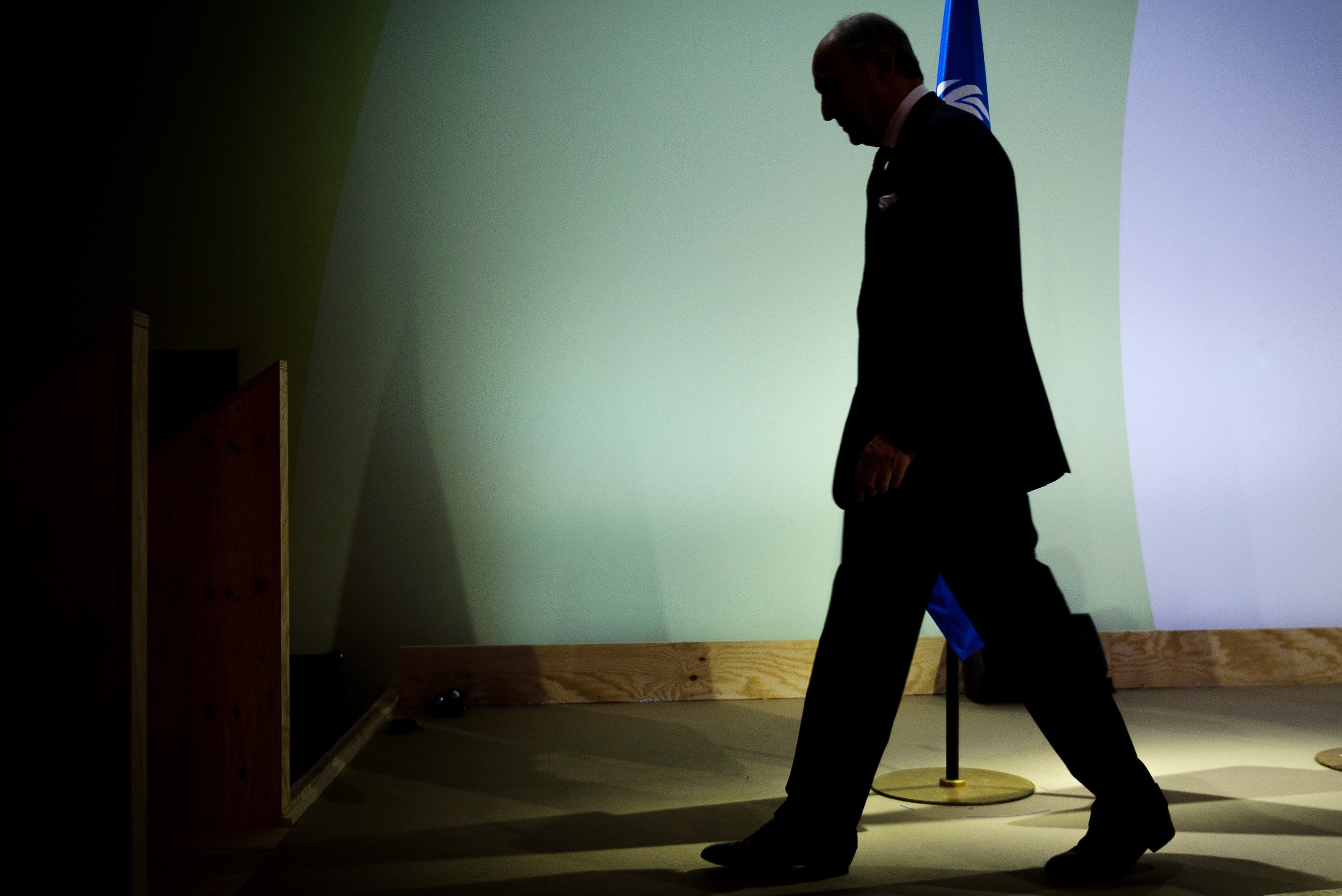In Paris, there were positives, negatives and in-betweens.
THE POSITIVES:
The Paris deal is a positive historic landmark because 196 nations have finally come together to address the climate crisis. Even a year ago, this looked impossible. Officials of the United Nations Framework Convention on Climate Change (UNFCCC) and the French hosts pushed hard for compromises because no-deal was not an option at COP21.
Consequently the sum total of promises made by countries in Paris, through the Intended Nationally Determined Contributions (INDCs), actually put the planet on the track of global temperature rising by 3 degrees – when the goal of UNFCCC is a maximum rise of 2 degrees. The Paris deal has set a more ambitious goal of keeping the rise well below 2 degrees. But the when and how of this target has been left open for all nations.
THE NEGATIVES:
The principle of common but differentiated responsibility, on which India has stood firm over the years, has been almost wiped out. In a string of press conferences at COP21, civil society representatives from across the world lamented the effective demise this crucial principle, even though the words remain in the final document.
And while Indian negotiators succeeded in including the term ‘climate justice,’ it was buried in a part of the agreement that puts no operational pressure on the developed nations which have a 200-year legacy of putting excess carbon into the atmosphere. According to a report funded by the Thomson Reuters Foundation, wealthy nations still spend 40 times as much money subsidising fossil fuel production as they contribute to the Green Climate Fund to help poor countries adapt to climate change. [1]
Predictably, the United States, which has the highest per-capita eco-footprint even among developed countries, projected itself as the leader of a ‘high ambition coalition’ at COP21, but blocked all efforts to extract firm commitments from rich nations to provide funds for climate mitigation and adaptation in the developing countries which will bear the brunt of extreme weather.
THE IN-BETWEENS:
If many Western proponents of climate action, and even climate justice, are nevertheless cheering, its not so much the text of the Paris deal but how much progress COP21 represents since the collapsed negotiations at COP15 in Copenhagen in 2009. Six years ago renewable energy seemed unviable, today it offers fossil fuel serious competition. Climate deniers have become irrelevant. Major institutional investors are divesting from coal.
The silver lining of the “too-weak” Paris deal is that the Socially Responsible Investing movement has made a big impact in highlighting the environmental damage as a key risk element for all investors. A recent report by the United Nations Principles of Responsible Investing, titled Fiduciary Duty in the 21st Century, has concluded that to ignore environmental impacts is now a violation of fiduciary duty.
Protagonists of the ‘We Mean Business’ coalition have gone home happy that COP21 has given a big signal to markets that the low carbon economy is now inevitable. Already many large institutional investors are moving out of the fossil fuel sector. An estimated $21 trillion of assets under management are now under the scanners of socially responsible investing criteria.
Advocates of the market-based approach to climate action are also celebrating COP21 as marking the end of top-down negotiated allocations of carbon budgets based on international treaties, and the unfurling of a network approach. The latter is visualised as somehow bringing together persistent pressure for change from civil society, with technological and financial innovation by the private sector, along with supporting changes in regulatory structures at the local, national and international level.
The onward agenda for Indian think tanks and policy makers is to closely map these trends in three dimensions.
- To identify pragmatic ways in which India can leverage this market-based approach to finance its shift towards green growth.
- To identify and challenge the geoeconomic power distortions built into even the most innovative and avowedly responsible forms of investment.
- Last but not least, is the task of sifting what part of climate action can be left to the profit motive of markets, and what commitments must be delivered by nation states and international multilateral agencies.
For all its historic importance, COP21 is but one moment in the long and arduous effort of addressing the climate crisis.
The bottom line for developing countries in the tropics is how to finance the disaster relief and reconstruction that will be repeatedly required as their populations are more frequently battered by extreme weather – requirements that have been severely watered down. As the details of the new agreement are worked out in the coming months, India must take the in insisting that these countries are entitled to reparations – not aid or charity. In the era of globalisation the international community can and must find ways to finance both relief and reconstruction for those hit by climate change.
Rajni Bakshi is Gandhi Peace Fellow, Gateway House.
This article was exclusively written for Gateway House: Indian Council on Global Relations. You can read more exclusive content here.
For interview requests with the author, or for permission to republish, please contact outreach@gatewayhouse.in.
© Copyright 2015 Gateway House: Indian Council on Global Relations. All rights reserved. Any unauthorized copying or reproduction is strictly prohibited
Reference
[1] Arsenault, Chris, ‘Rich nations’ fossil fuel subsidies exceed climate aid 40 to 1’, Reuters, 4 December 2015, <http://in.reuters.com/article/climatechange-energy-environment-idINL8N13S4A520151203>


